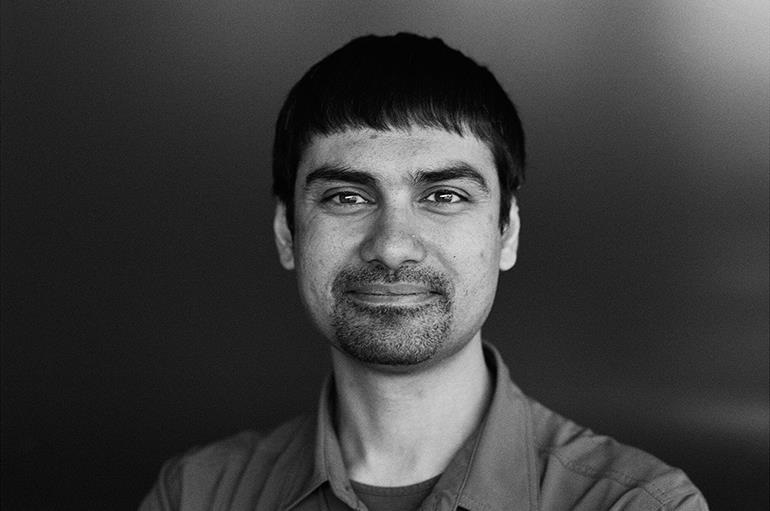
Smartphones have become the items we never leave home without, but before they became the high-powered “smart” tools of today, Shwetak Patel noticed their potential as sensing systems in sustainability and digital health. His ideas, as well as aptitude for quickly turning research in ubiquitous computing into marketable and affordable products, led to the 2018 ACM (Association for Computing Machinery) Prize in Computing. He presented the Heidelberg Lecture 2023 commemorating the special relationship between the Lindau Nobel Laureate Meetings and the Heidelberg Laureate Forum in which he will talk about the intersection of computing and health.
Sustainable approaches to saving energy and water at home are a win-win solution for consumers; not only are they decreasing their use of these resources, they are also saving money – a high priority as energy and water bills have continued to climb for the past several decades. Patel and his students analysed home electricity and plumbing systems and found ways to differentiate which appliance was used and when, where water was being used, etc. This research set the stage for smart home sensing systems, where users can monitor their energy use, as well receive email/text alerts about any water leaks, and unexpected increases or decreases in temperature and humidity levels. The wireless system gives the homeowner more control over how much electricity and water is used in real time and can prevent potential costly damages and repairs.
Patel’s most recent work has focused on how to use the ubiquity of smartphones and other smart devices, such as wearables, to improve health. For example, smartphones have built-in cameras and microphones, which have an array of uses in health sensing, and can limit the reliance on expensive specialized equipment. “How do you bring the clinic into one’s pocket?” asked Patel during one of his lectures. From this perspective, smartphones can be used to measure vital signs, such as heart rate or lung function, which can automatically inform doctors about their patients’ health. Smartphones can also improve the diagnosis and monitoring of various diseases by making screening and diagnostics more accessible to patients. Some examples are the use of smartphones to assess jaundice in newborns, or to measure pupil size in order to diagnose head trauma. The technology has the ability to transform healthcare, especially in remote areas and low-income countries. It can also change the way clinical trials are conducted.
Shwetak Naran Patel was born in Selma, Alabama, USA. He received his B.S. and PhD degrees in Computer Science in 2003 and 2008, respectively, at the Georgia Institute of Technology. Patel then joined the Paul G. Allen School of Computer Science & Engineering at the University of Washington in 2008, where he formed the Ubicomp Research Lab. He was then promoted to the Washington Research Foundation Entrepreneurship Endowed Professor in 2014. Between 2008 and 2015, Patel co-founded of three successful start-ups (Zensi, SNUPI Technologies, and Senosis Health). Through the acquisition of his startup Senosis by Google, he now also leads Health Technologies at Google as a Distinguished Scientist. He is the recipient of numerous awards, including a MacArthur “Genius” Fellowship, a Sloan Fellowship, the World Economic Forum Young Global Scientist Award, and the U.S. Presidential PECASE award. Patel is married to Professor Julie Kientz, who is a very accomplished researcher in her own right, and they have two children.
